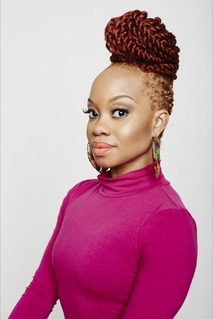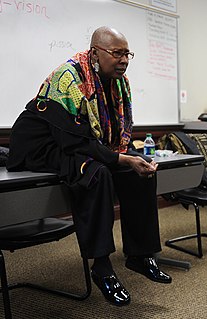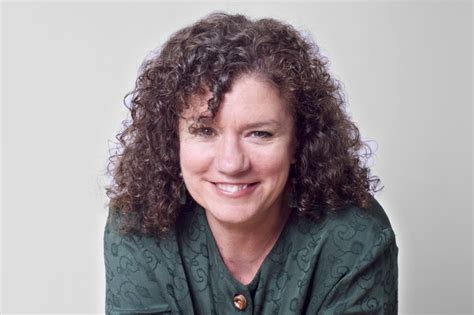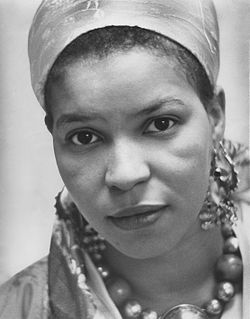A Quote by Dana Spiotta
I try to write about how we live today, how we use language, technology, our bodies.
Related Quotes
Embedded in every technology there is a powerful idea, sometimes two or three powerful ideas. Like language itself, a technology predisposes us to favor and value certain perspectives and accomplishments and to subordinate others. Every technology has a philosophy, which is given expression in how the technology makes people use their minds, in how it codifies the world, in which of our senses it amplifies, in which of our emotional and intellectual tendencies it disregards.
I think a lot of times when people hear the word dance, they think 'oh, that's something that I can't do.' But dance really lives in our bodies and the thing that I've come to learn, embrace and lift up is that we have history in our bodies that's living and breathing. We have our own individual history but we also have our heritage. Each one of us has our movement language and it's about tapping into that and pulling that out. That's the thing that I try to encourage everybody because it's not about dance, it's about the movement and the gesture and how we honor it.
When people talk to me about the digital divide, I think of it not so much about who has access to what technology as about who knows how to create and express themselves in the new language of the screen. If students aren't taught the language of sound and images, shouldn't they be considered as illiterate as if they left college without being able to read and write?
What I’m trying to show is that the main event today is not seen by those of us that are living it… So it’s not the effect of [technology], it is that everything exists with-in [its milieu]. It's not that we use technology, we live technology. Technology has become as ubiquitous as the air we breathe, so we are no longer conscious of its presence.
It is in the ordinary events of every day that we develop the proactive capacity to handle the extraordinary pressures of life. It's how we make and keep commitments, how we handle a traffic jam, how we respond to an irate customer or a disobedient child. It's how we view our problems and where we focus our energies. It's the language we use.
To look into some aspects of the future, we do not need projections by supercomputers. Much of the next millennium can be seen in how we care for our children today. Tomorrow's world may be influenced by science and technology, but more than anything, it is already taking shape in the bodies and minds of our children.
Writers today must navigate the shifting verbal currents of the post-Gutenberg era. When does jargon end and a new vernacular begin? Where's the line between neologism and hype? What's the language of the global village? How can we keep pace with technology without getting bogged down in buzzwords? Is it possible to write about machines without losing a sense of humanity and poetry?
People always think of technology as something having silicon in it. But a pencil is technology. Any language is technology. Technology is a tool we use to accomplish a particular task and when one talks about appropriate technology in developing countries, appropriate may mean anything from fire to solar electricity.



































